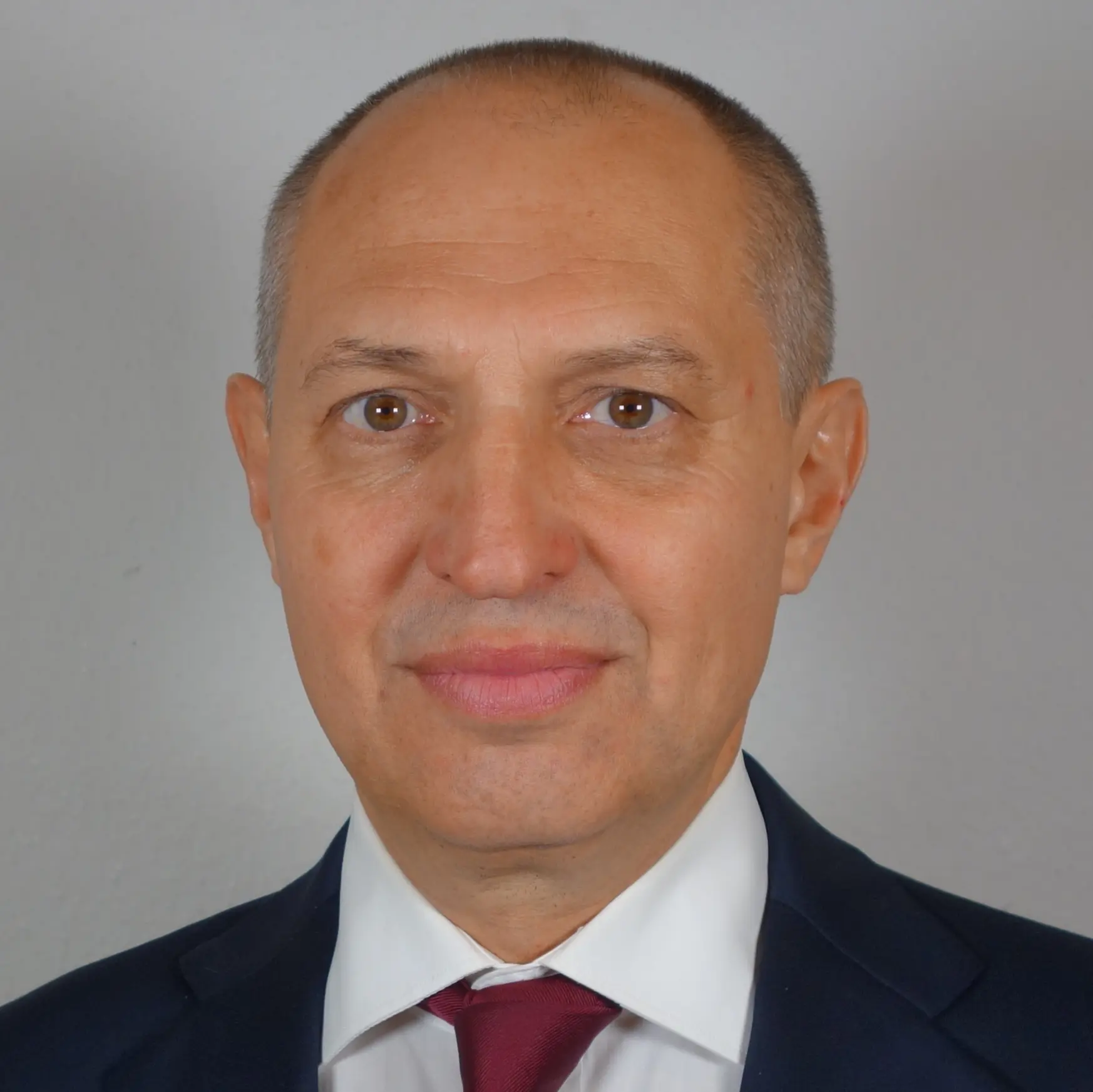Andriy Sichka

Andriy Sichka describes himself as a “creditologist,” a term he coined to give the profession a simple, recognizable identity. “It combines two parts: the self-sufficient credit and ‘logos’ – the ancient Greek word for knowledge.” The word reflects both the science and the art at the heart of managing credit. He jokes that a creditologist is almost like a marketologist: “marketing helps clients to buy, while credit ensures that they pay.” However, the humor masks a serious truth – credit is the bridge between commercial success and financial reality.
What inspired you to pursue a career in credit?
“I did not choose credit — credit chose me.” In 1990s Ukraine as the country transitioned from a post-Soviet system to a market economy, landing a banking job was considered a success. Moving from banking into a multinational felt “almost like a miracle.” Over time he noticed a pattern: every single high-caliber credit professional he spoke with had entered the field by chance, yet many stayed for decades. What starts as coincidence often becomes lifelong commitment.
Career highlights
His career grew at the coalface of trade credit. He began with collections and basic customer checks. There, he “learned how the loss of money feels,” and made sure to celebrate early wins. After six years in banking with roles such as Security Chief and Head of Analytics, Andriy joined JTI and experienced a turning point. The move from the tightly regulated banking sector to the “real” sector was dramatic. “Suddenly, creativity, out-of-the-box thinking, and holistic responsibility were not just welcome but essential,” he recalls. That shift, and the space it created for both rigor and imagination, still fuels his enthusiasm.
JTI was his professional initiation. He was entrusted with full responsibility for a credit portfolio, “something impossible in banking,” and felt accountable for every aspect of receivables. “I was dedicated, exhausted, and very happy.” He also realized a lesson he carries to this day: no credit manager succeeds without close collaboration with sales.
A promotion to JTI’s headquarters in Geneva brought a further step change – managing a large, international portfolio across thousands of clients, countries, and cultures. There, Andriy learned how to build durable bonds, navigate diverse stakeholder expectations, and shape a highly effective credit team.
Today, he is Founder and Managing Partner at Credit Engineering where he shares and systematizes his experience, exploring how credit management works across industries. Consulting has helped him transform decades of practice into a practical methodology for trade credit.
Insights for aspiring credit professionals
For those considering a career in credit, Andriy is candid – be ready for complexity. Trade credit sits at the crossroads of finance, sales, treasury, logistics, and legal, all functions with priorities that often conflict.
His top attributes for aspiring credit professionals:
- Tact and diplomacy are essential prerequisites. Credit work blends money and emotion; “even a single wrong word can make a situation worse,” while sustaining positive long-term relationships “can preserve millions.”
- “Knowledge is power,” and must be constantly broadened – across credit, adjacent functions, and most of all, customer understanding.
- Credit exists to solve problems in ways that prevent recurrence and avoid unnecessary resource use. “Collecting overdue debt is not the real success. Success is recovering the money and ensuring future payments arrive on time.”
But in this diversity and complexity lies the rewards – exposure to virtually every function, the chance to solve complicated issues, and continuous learning from colleagues across disciplines. “Above all, credit becomes successful by contributing to the success of others.”
What’s next for credit?
With technology absorbing routine tasks, Andriy sees an opening for credit to become more strategic, holistic, and personal. He points to a set of priorities that, together, redefine the function: applying advanced portfolio analytics to craft effective credit policies; improving efficiency by viewing the credit process end-to-end; and combining human judgment with system capabilities to deliver tailored solutions for clients. In his view, that blend – human insight amplified by technology – will make credit both more personal and more competitive in the years ahead.






